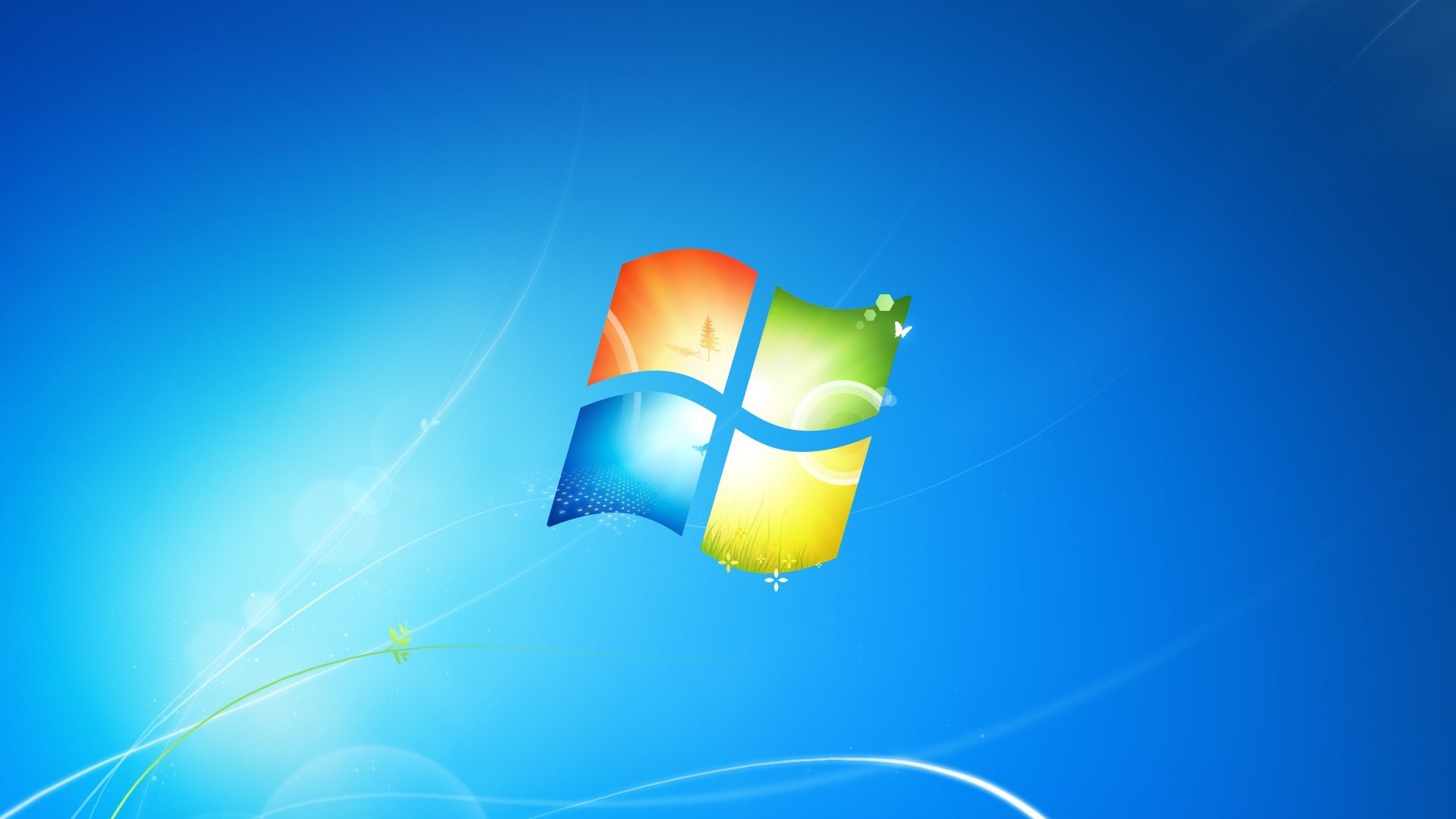As you may know, Microsoft cut support for Windows 7 in 2020, forcing users to upgrade to a newer operating system for critical security updates and technical support. However, Windows 7 still lurks in Firefox.
Last year, Mozilla highlighted its plan to extend support for legacy versions of Windows and macOS until March 2025, including Windows 7, 8, and 8.1, and macOS 10.12 to 10.14. The company has been shipping important security updates via an Extended Support Release (ESR) version of its browser — Firefox 115.
This means users running Firefox on unsupported Windows operating systems like Windows 7 have until March 4, 2025 to upgrade to supported software.
Mozilla initially planned to cut support for Windows 8.1 and Windows 7 in September 2024 but abruptly changed its plans, leading to the shipment of two ESR releases, including 115 for unsupported operating systems and 128 for Windows 10 and newer.
According to Mozilla:
“Continuing to support it past October isn’t going to be free (backporting security fixes is already getting increasingly painful due to the divergence which naturally happens over time as an ESR goes further into its lifecycle), but there’s still enough users there that we felt it was worth doing for now at least.”
After Mozilla cuts support for unsupported operating systems, it will move forward with its plans to clean up the code base, lessening the burden on Firefox to maintain newer libraries that aren’t supported on pre-Windows 10 releases.
While the move to offer extended support for unsupported Windows versions might have give Mozilla a slight competitive edge in the browser market share against Google Chrome and Microsoft Edge, it’s now joining the fray.
Beyond March 4, 2025, users will be forced to upgrade to newer and supported operating systems to continue receiving important security updates and technical support, attempting to install Firefox 116 on these unsupported operating systems will be futile.
Microsoft has aggressively doubled down on its Windows 11 campaign as Windows 10’s imminent death edges closer. Users have blatantly expressed their reluctance to upgrade to Windows 11, citing flawed design elements coupled with stringent minimum system requirements.
While Windows 11’s market share is subtly on the rise, it remains to be seen whether it will gain broad adoption beyond Windows 10’s end of support slated for October 14, 2025.





